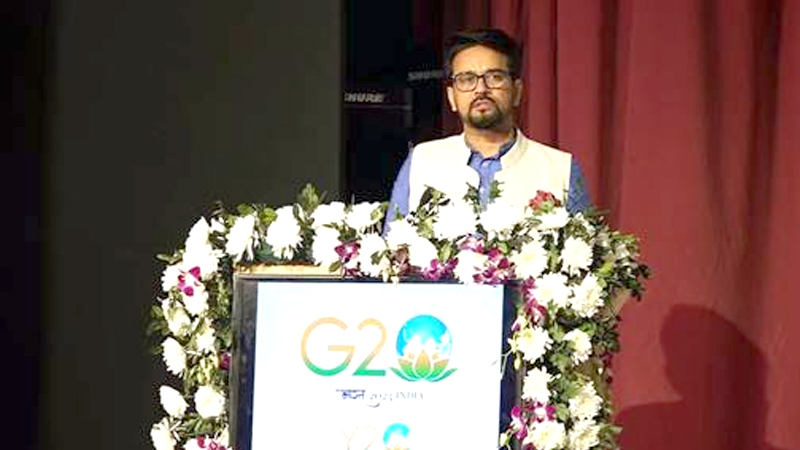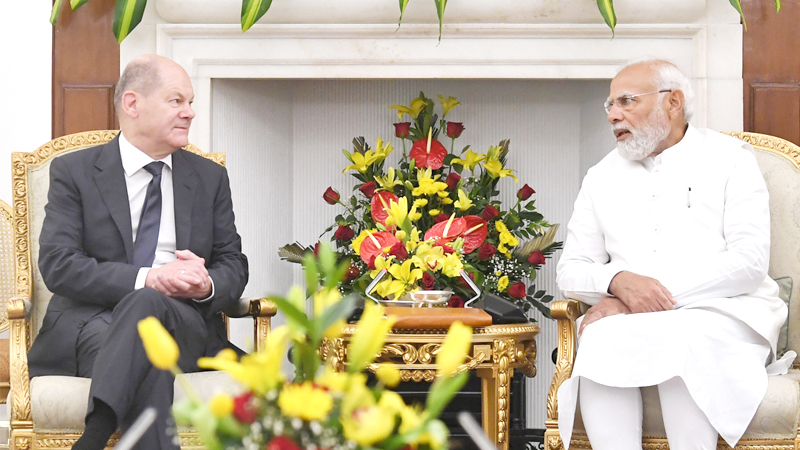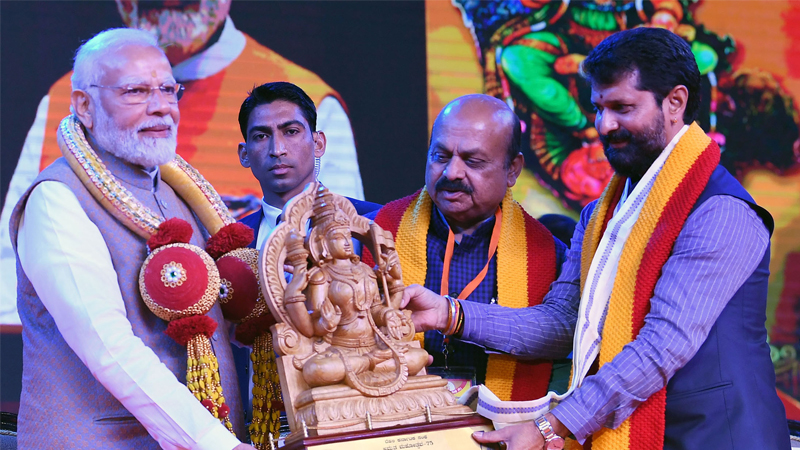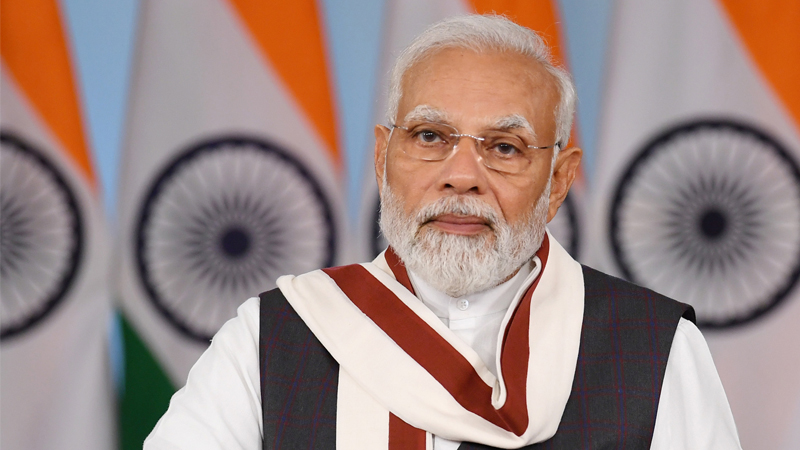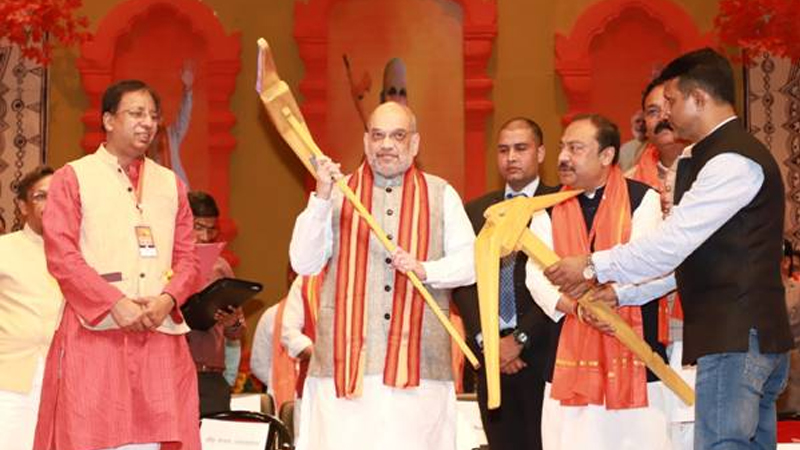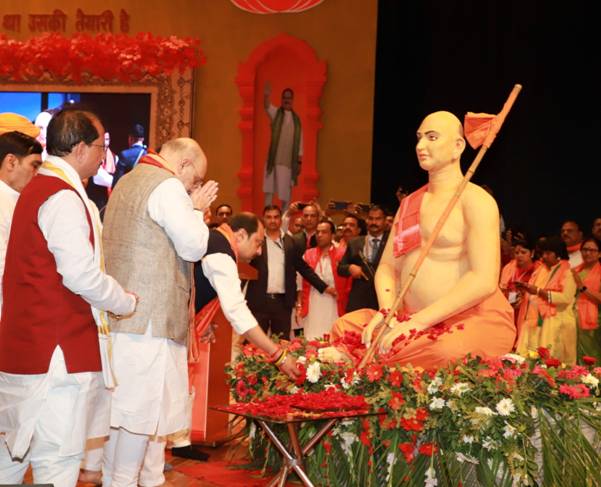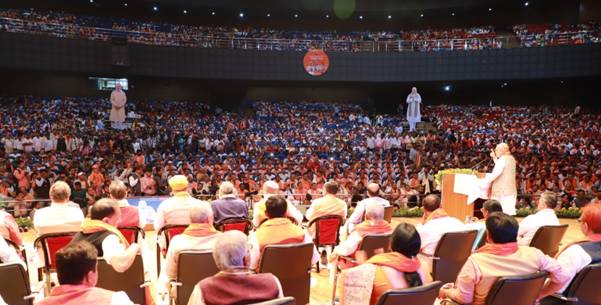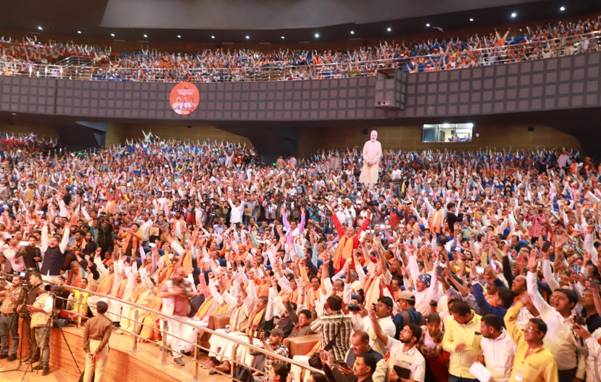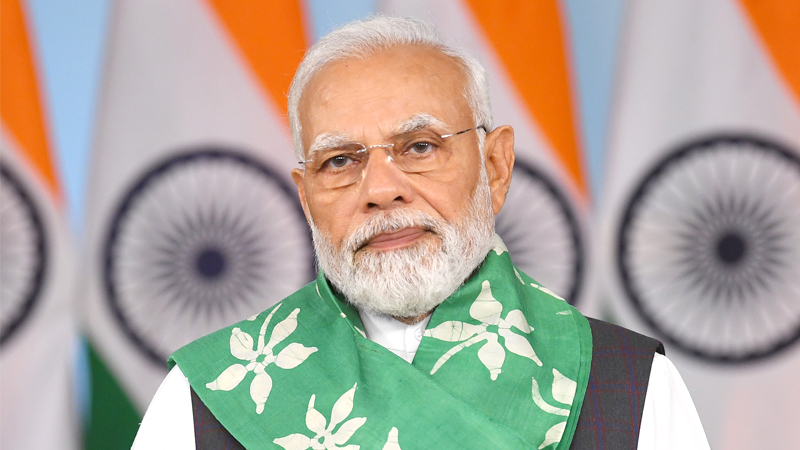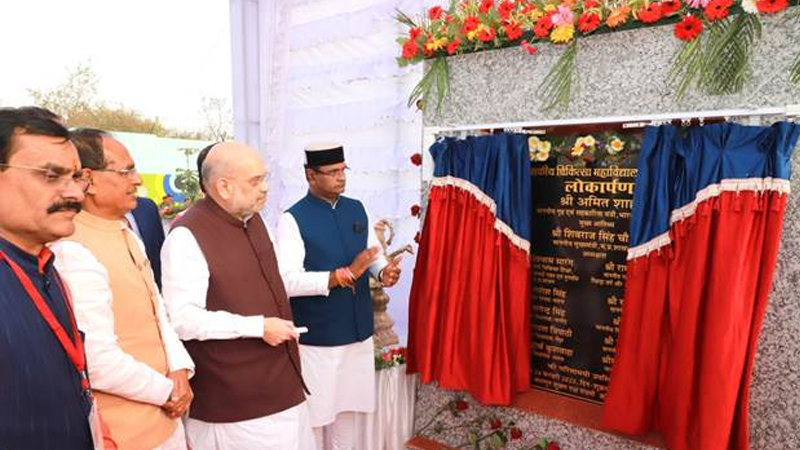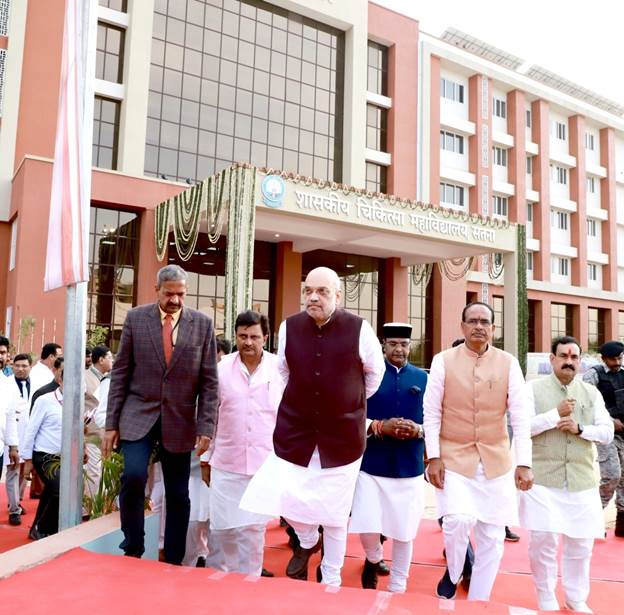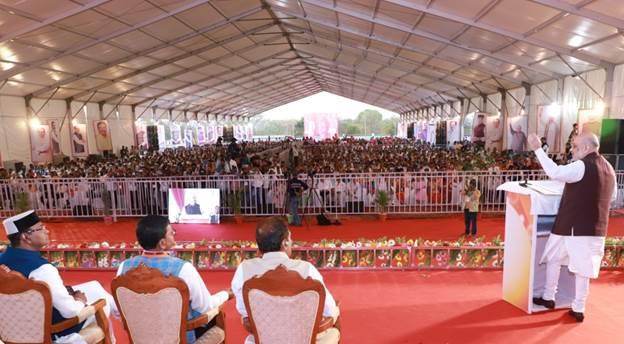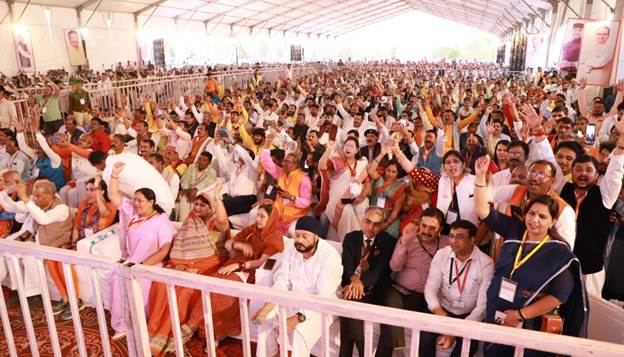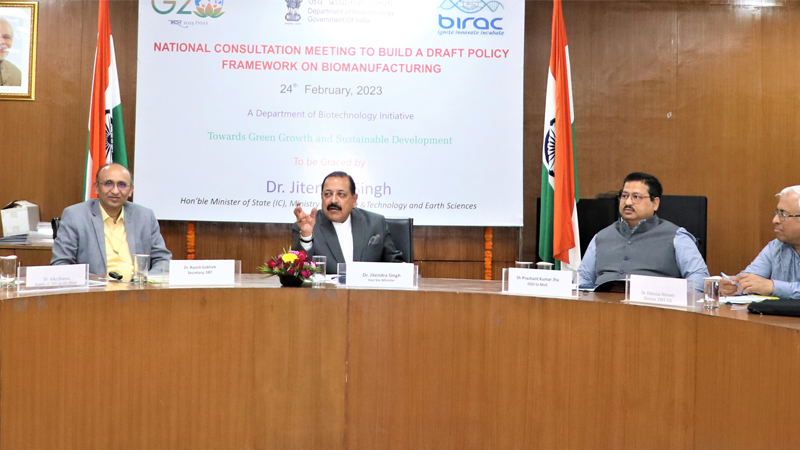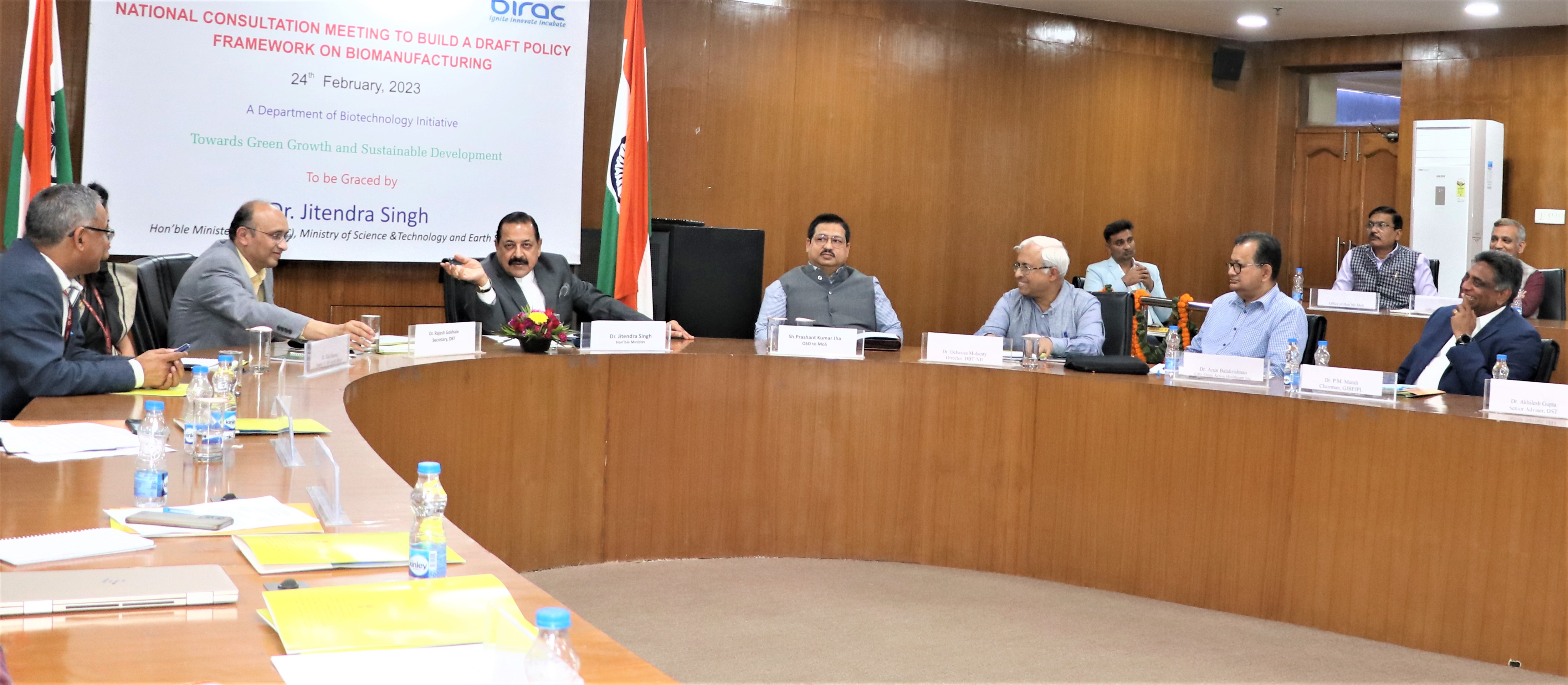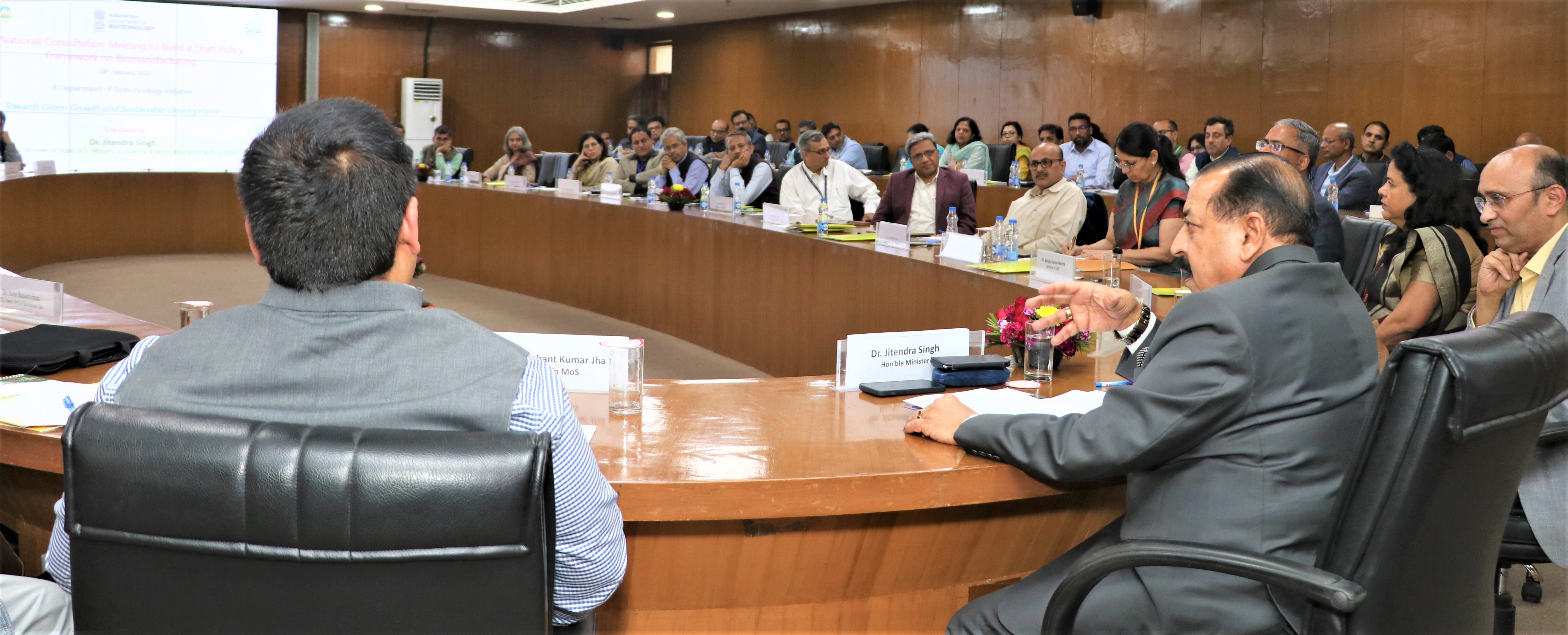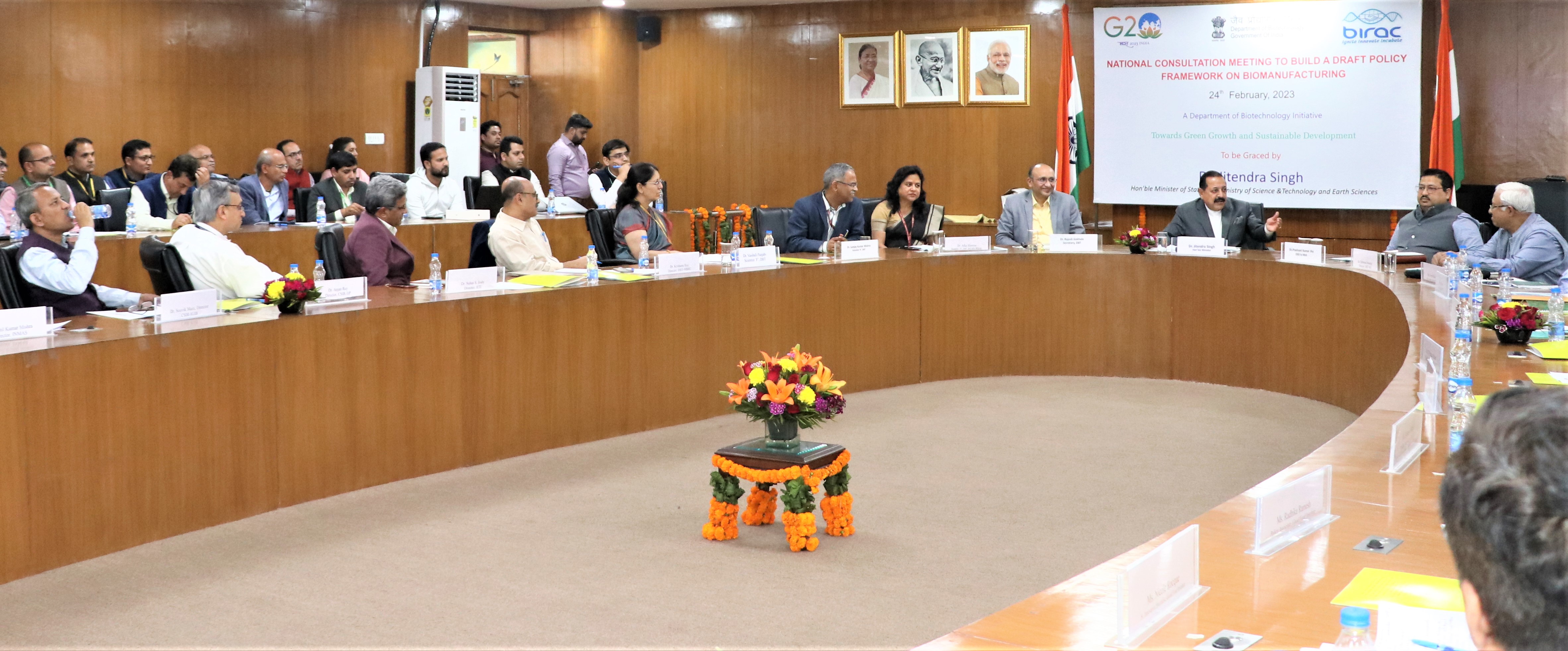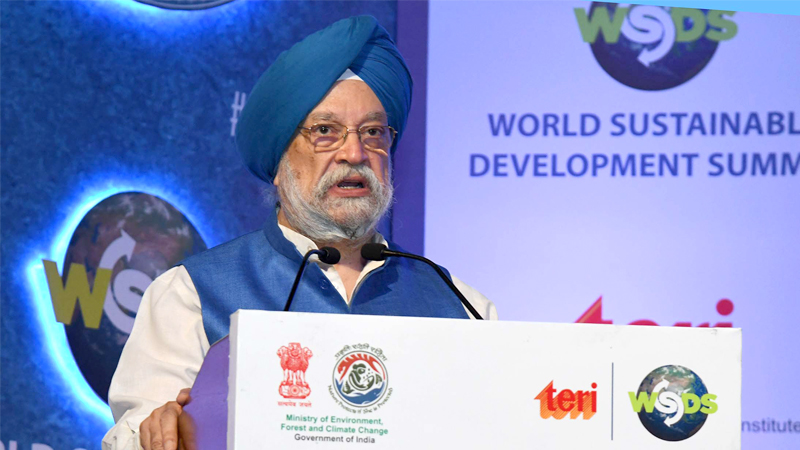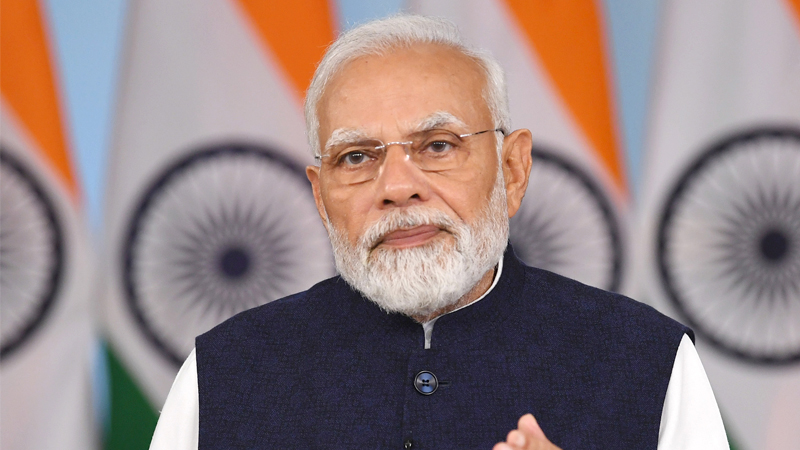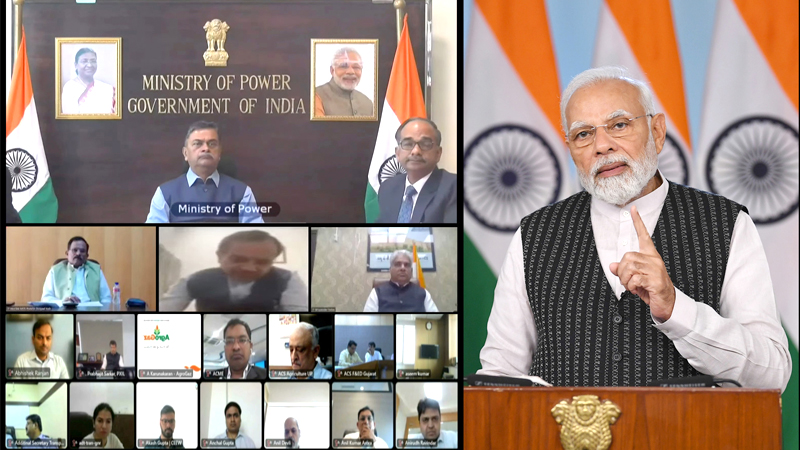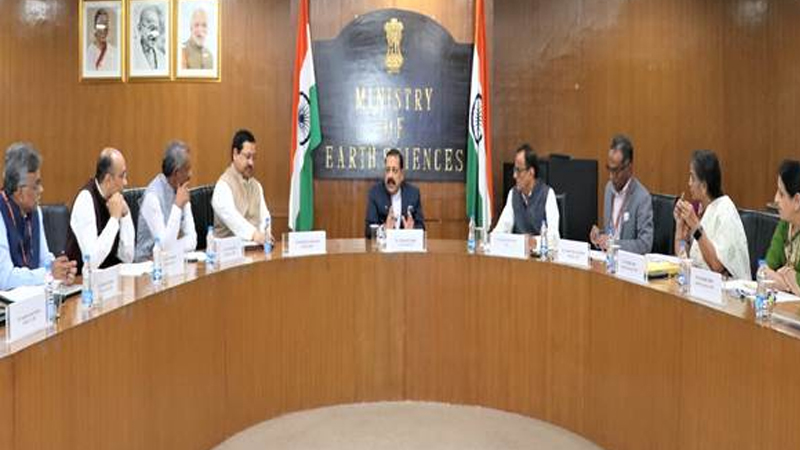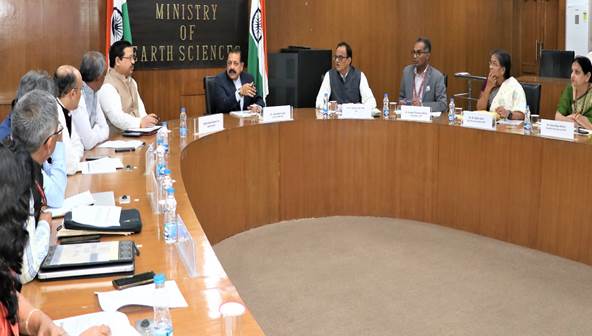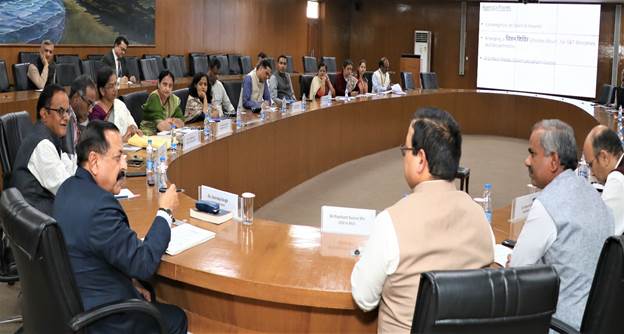IIM, Raipur successfully organized the two day Y20 consultation event at its campus with much enthusiasm and fanfare. The first day deliberations yesterday on 25th February, 2023 S were marked by the important ‘Youth Dialogue’ with Shri Anurag Singh Thakur, Minister of Youth Affairs & Sports, Government of India which began with a lot of excitement among the students. Earlier, in the morning yesterday, the event was inaugurated by Smt. Renuka Singh, MoS, Tribal Affairs, GoI, in the presence of Dr. Ram Kumar Kakani, the Director of IIM Raipur, along with other esteemed guests.
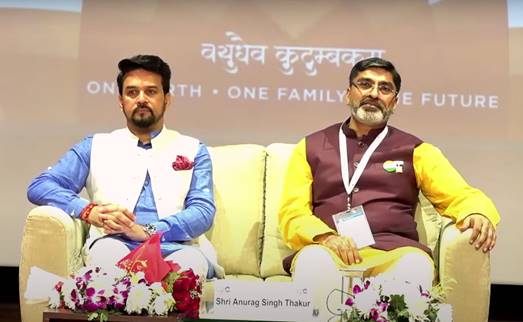
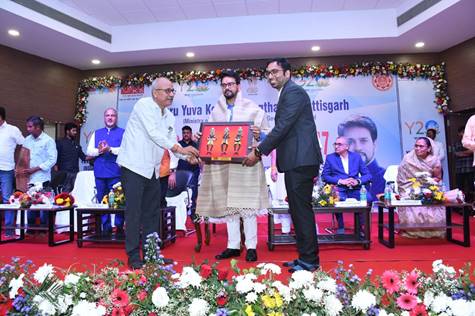
During his address, Shri Anurag Thakur highlighted the importance of technology in bridging gaps, providing opportunities to showcase talent, and solve global problems. The Minister expressed pride that India is now the 3rd largest startup ecosystem in the world with 107 unicorns. He praised the youth of Chattisgarh for leveraging disruptive technologies and possessing unmatched vigor, vitality, and vibrancy. He further quoted, “Your network is your net worth.” Shri Anurag Thakur motivated young individuals to expand their network and establish more connections with people to expand the horizons of their life and work. Moreover, he suggested that the youth should travel as much as possible to gain extensive exposure and experiences. He concluded by quoting “You are the present, you are the hope of the world.”
During the dialogue with the Minister, the youth raised several questions regarding the involvement of young people in politics, enhancing GDP, self empowerment, the contribution of international students to their home country etc. The main lesson learned from this session is that continuous learning and acquiring new skills can empower young people to participate in their nation’s progress and promote peace. Shri Anurag Singh Thakur was impressed by the use of traditional art in the logo of IIM Raipur.
Smt. Renuka Singh Saruta, emphasized the importance of the Y20 Consultation event as an opportune moment to pay tribute to all the freedom fighters who secured India’s independence and contributed to its progress. She stated that the Prime Minister also shared this vision and recognized the importance of Indian youth on the global stage. To tackle issues effectively, it is necessary to engage in multilateral dialogues and forums, she said. Despite the difficulties that India has faced, the country has played a crucial role in promoting world peace since gaining independence. She cited examples of how conflict had been curbed in Jammu and Kashmir and Northeastern states, where the youth are now thriving. She expressed optimism that the discussions during this Y20 consultation would aid in peacebuilding and enable us to achieve the goal of “Vasudev Kutumbakam.”
Dr. Ram Kumar Kakani, the Director of IIM Raipur, delivered the welcome address, expressing his belief that the Y20 Consultation event is a powerful driver of global transformation. He highlighted the importance of coming together to address the challenges posed by terrorism, socialist groups, and societal feudalism. Governments have a critical role to play in striking a balance between upholding human rights and maintaining law and order. Inter-community dialogue is crucial to ensuring that peace and harmony prevail. He encouraged the participants to engage in active discussions and brainstorming sessions throughout the event, so that they could generate innovative solutions to the world’s most pressing issues.
Prior to the start of the event, the guests were given a tour of the IIM, Raipur campus. They were treated with millet-based breakfast, as a contribution to India’s observance of the International Year of Millets 2023.
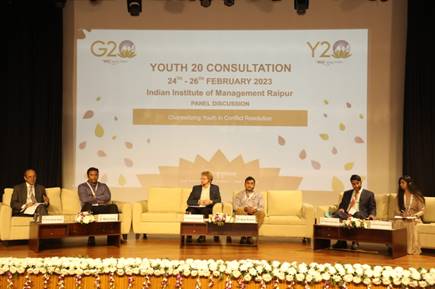
A panel discussion on the subject of “Channelizing youth in conflict resolution,” was conducted. According to Dr. Ajay Kumar Singh, Ex-CS, Assam, Bodoland peace negotiator, the young generation should follow the establishment of peace, uphold and preserve that. Dr Mohit Garg, IPS, SP, Balrampur, frontline LWE experience, said that gradual erosion of faith in the system and in the government can be observed in naxal conflicted areas. The trust can be earned through getting in touch with the younger generation belonging to these areas, having conversations with them, and planning activities for them to participate in, including educational, cultural, and athletic pursuits. Shri Mohd. Aijaz Asad, IAS, Deputy Commissioner, Srinagar emphasized that acts of terrorism and violence stifle the aspirations of the youth. Shri Reinhard Baumgarten, Reputed journalist, international conflict zones, German, brought up the conflict in Sudan and suggested that love could serve as a foundation for lasting peace. Sushree Priyanka Bissa, Youth icon, Nehru Yuva Kendra, said that the discussion of wars also brings up the issues related to food, water, and resources, national security.
The second panel discussion on Experience Sharing Peace-making, Peacebuilding and Peacekeeping was moderated by Shri Rajat Bansal, IAS (DC, Balodabazar). The panelists of this session were Brig. Basant K Ponwar (Retd.), AVSM, VSM (Ex-Director, Counter-Terrorism and Jungle Warfare College), Shri Ratan Lal Dangi, IPS (Director, CG State Police Academy), Shri Rob York (Director, Regional Affairs, Pacific Forum, USA) and Dr Aditi Narayani (Track chair Y20). The key takeaway from this session was that resolving problems through the use of weapons is not effective, and that the way of thinking is more important than the tools available.
The third panel talk, overseen by Dr. Sarveshwar Narendra Bhure, IAS (DC Raipur), was focused on Building consensus among communities. The panel included Shri Nitesh Kumar Sahu, a young leader from Mungeli, Chhattisgarh; Dr. Philippe Eyebe Awono, an assistant professor at Jean Moulin University; and Sushree Shwetha Karambelkar, a 2nd year PGP student from IIM Raipur. One of the significant speakers in this session was Shri B Markam, an ex-naxalite, who later surrendered and brought peace and transformation in the communities. The session highlights the significance of the United Nations and Indian leaders such as Gandhi and Buddha in advocating for peace. India’s demographic dividend is its youth population, the largest in the world. However, when it comes to building communities and promoting peace, citizens are not fully involved as peacemakers tend to focus on suppressing conflicts rather than resolving them. Another session moderated by the first year PGP students of IIM Raipur was focused on Multiple perspectives on reconciliation. The speaker Dr Prem Singh Bogzi (Visiting Distinguished Professor, IIM Raipur) commented that reconciliation involves recognizing that past actions may not have been ideal or efficient, but it requires bringing about social, economic, and political transformations and establishing a shared vision for moving forward.
The most significant segment of the event, which was the ‘Youth Dialogue’ with Shri Anurag Singh Thakur, Hon’ble Union Minister, GOI began with a lot of excitement among the students. It was moderated by Prof. Sanjeev Prashar, Professor, Marketing, IIM Raipur. The minister began by commending the state of Chattisgarh for its progress and expressing pride in being among eager and imaginative individuals. He was impressed by the use of traditional art in the logo of IIM Raipur and feeling at home in Chattisgarh with its waterfalls, temples, and 44% forest cover.
The state is rich in minerals, forests, metals, and also produces the famous Kosa silk. He highlighted the importance of technology in bridging gaps, providing opportunities to showcase talent, and solve global problems. He praised the youth of Chattisgarh for leveraging disruptive technologies and possessing unmatched vigor, vitality, and vibrancy. He beamed with pride while stating that India is the 3rd largest startup ecosystem in the world with 107 unicorns. The audience raised many inquiries regarding the involvement of young people in politics, enhancing GDP, self empowerment, the contribution of international students to their home country etc. The main lesson learned from this session is that continuous learning and acquiring new skills can empower young people to participate in their nation’s progress and promote peace. He further quoted, “Your network is your net worth.” He motivated young individuals to expand their network and establish more connections with people as it could be beneficial for their future. Moreover, he suggested that the youth should travel as much as possible to gain extensive exposure and experiences. He concluded by quoting “You are the present, you are the hope of the world.”
In conclusion, the Y20 Consultation event organized by IIM Raipur was a resounding success, bringing together young leaders, experts, and policymakers to exchange ideas and develop innovative solutions for building peaceful and sustainable communities. The panel discussions, keynote addresses, and youth dialogue sessions explored various perspectives on community building, consensus-building, and reconciliation, underscoring the need for collaborative and inclusive approaches to address complex societal challenges. The event’s success underscores IIM Raipur’s commitment to fostering leadership and promoting sustainable development, and building momentum on this in the future.


